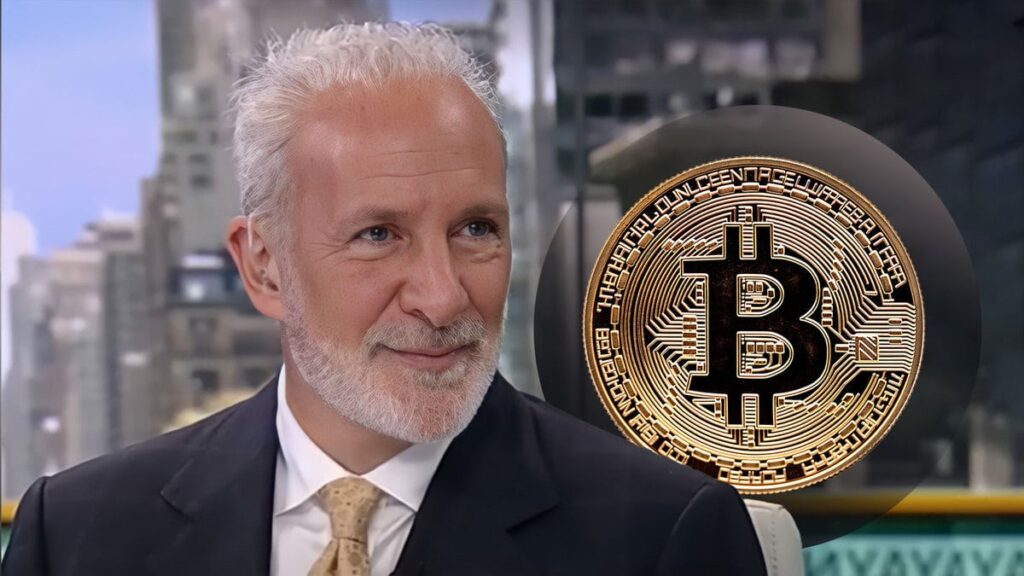Peter Schiff, a prominent economist known for his vocal critiques of Bitcoin (CRYPTO: BTC) and the Federal Reserve, recently stirred debate with his staunch criticism of current inflation management strategies and advocacy for a return to the gold standard. Schiff’s views, expressed on social media, emphasized his belief that the Federal Reserve’s policies have contributed to heightened inflationary pressures. He argued that historical data indicates inflation surged after the establishment of the Federal Reserve, suggesting that eliminating the central bank and reverting to a gold-backed currency would restrain excessive money printing.
In contrast, Nobel laureate economist Paul Krugman offered a contrasting viewpoint, advocating for the Federal Reserve to consider reducing interest rates in response to recent economic data. Krugman pointed to the Cleveland Fed’s core PCE inflation figures for June, which were below expectations, indicating room for monetary easing to support economic growth.
The context for these discussions lies in the latest U.S. Consumer Price Index (CPI) report, which showed a moderation in inflation rates in June, marking the third consecutive monthly decline. This trend has heightened expectations among economists and market participants that the Federal Reserve may soon implement interest rate cuts to stimulate economic activity further.
While some experts, such as Blu Putnam, former chief economist at CME Group, remain cautious about the prospect of rate cuts based solely on recent inflation metrics, others like Krugman foresee imminent adjustments to monetary policy. President Joe Biden also highlighted positive aspects of the inflation report, indicating progress in curbing inflationary pressures.
Federal Reserve Governor Lisa Cook underscored the central bank’s commitment to closely monitoring economic indicators, particularly the unemployment rate, signaling readiness to react swiftly to changes in economic conditions.
The ongoing debate between advocates of tighter monetary policy and proponents of easing reflects broader uncertainties in economic forecasting and policy formulation. These discussions carry significant implications for financial markets and overall economic stability as stakeholders navigate evolving economic landscapes and potential policy shifts.
